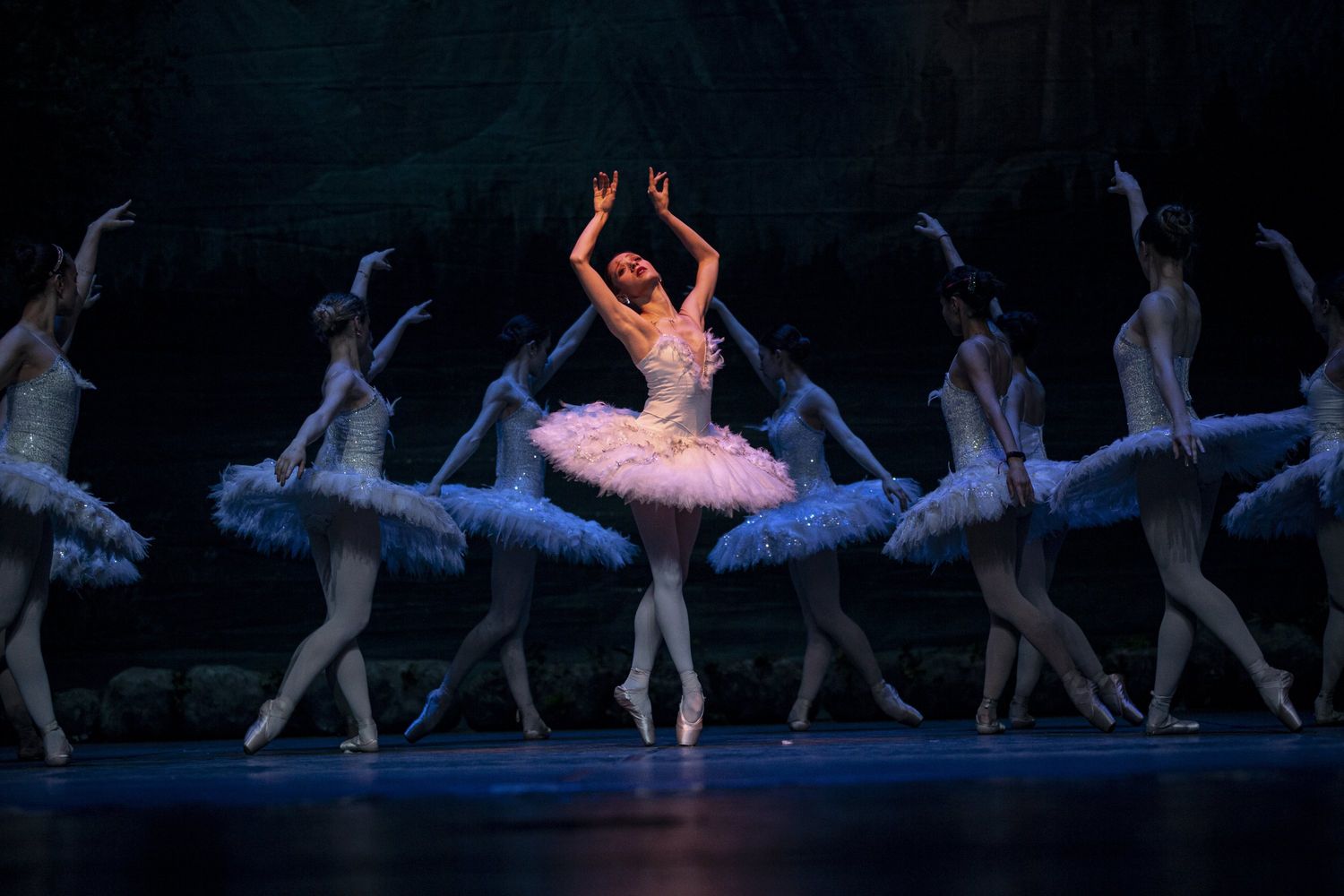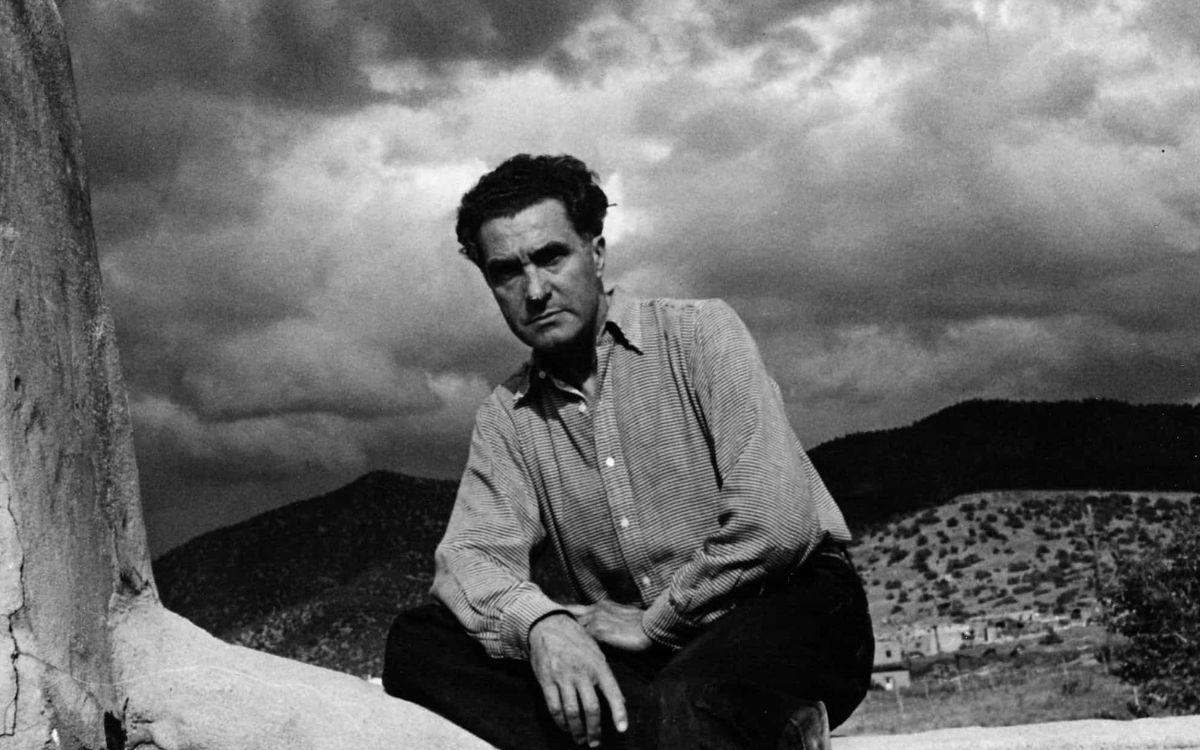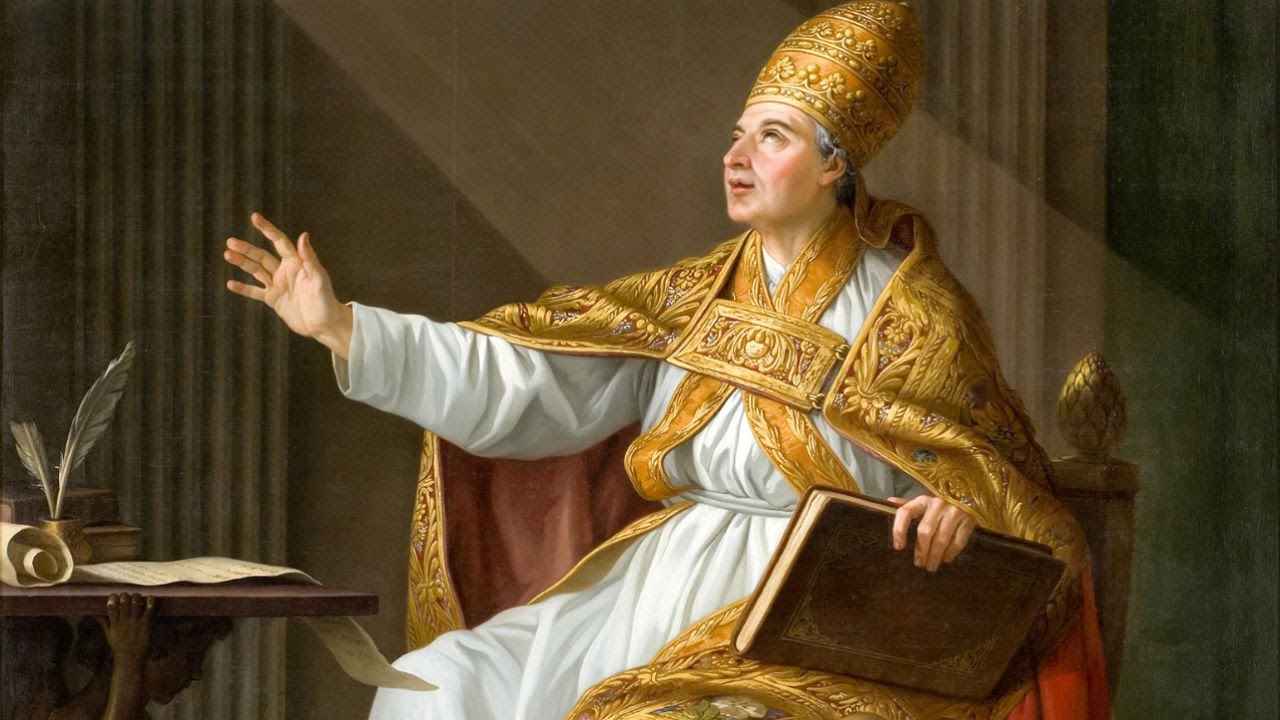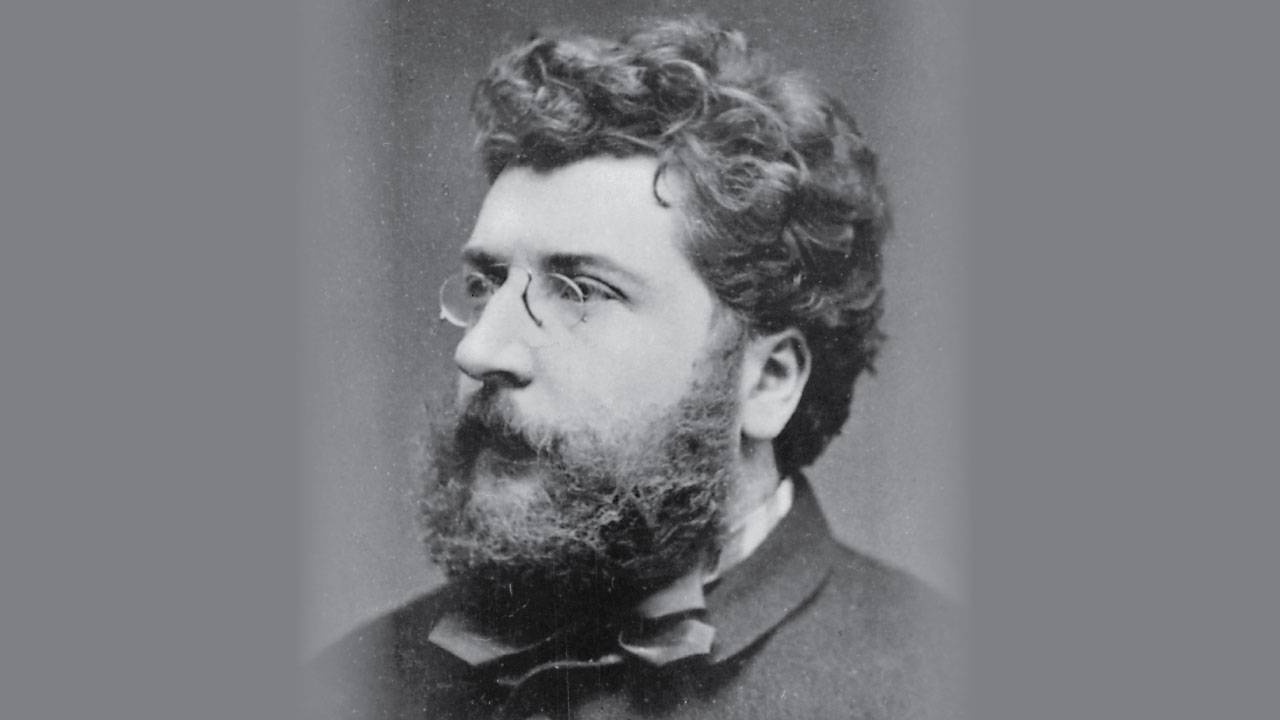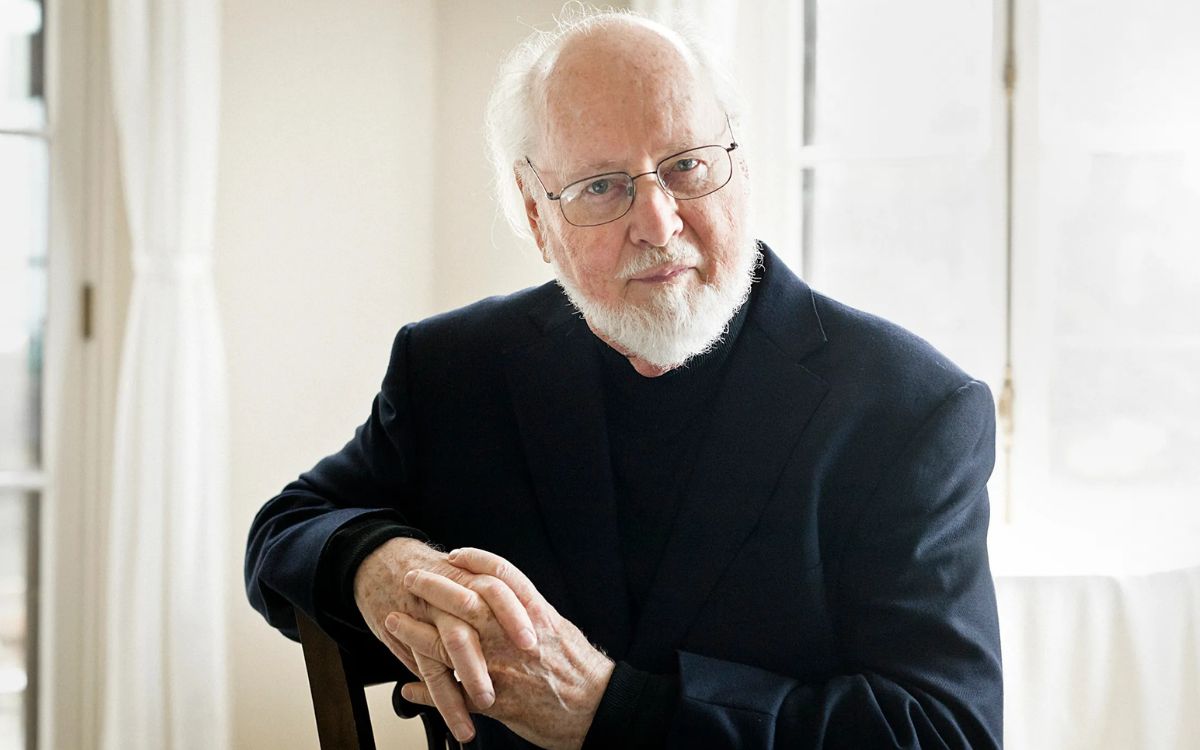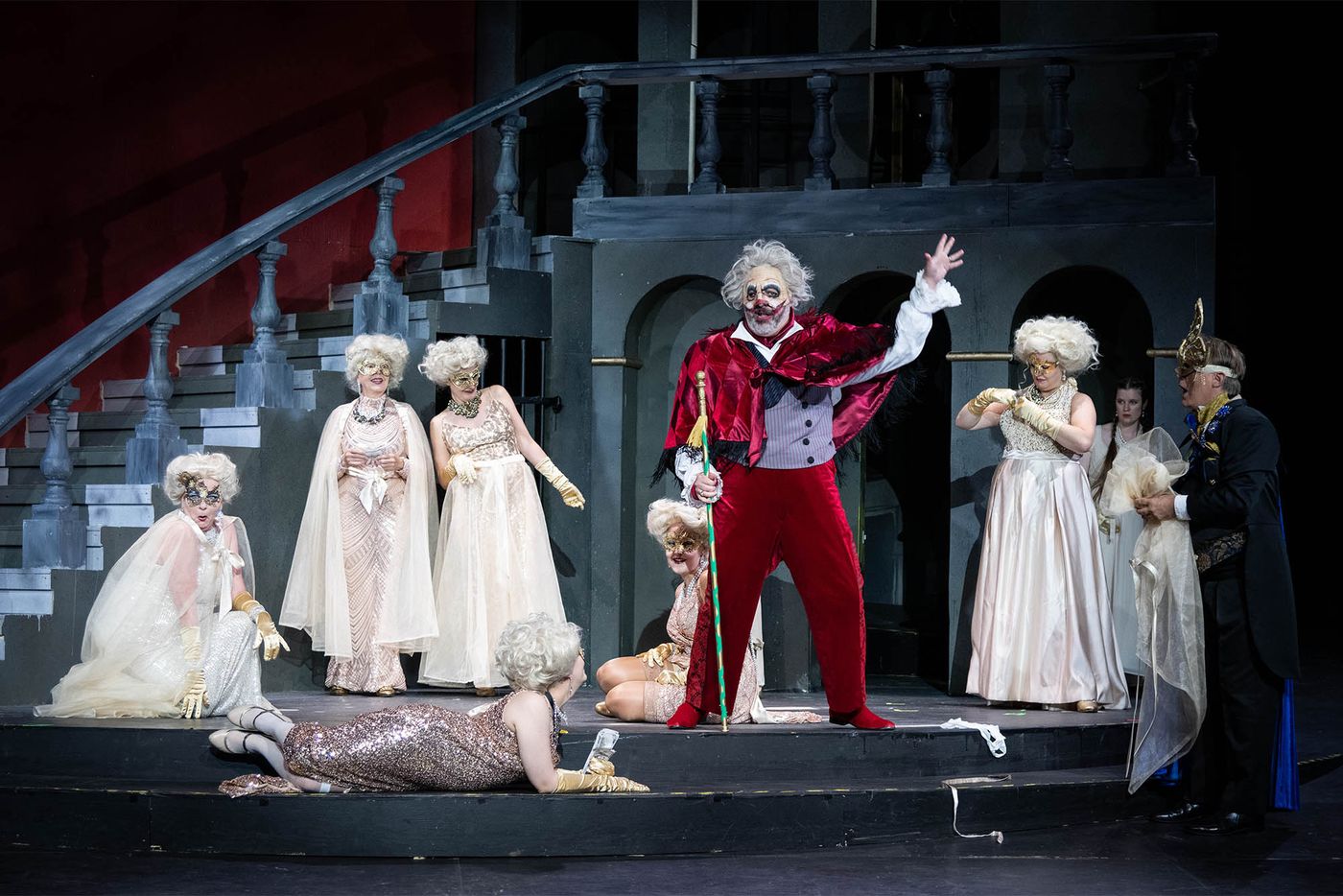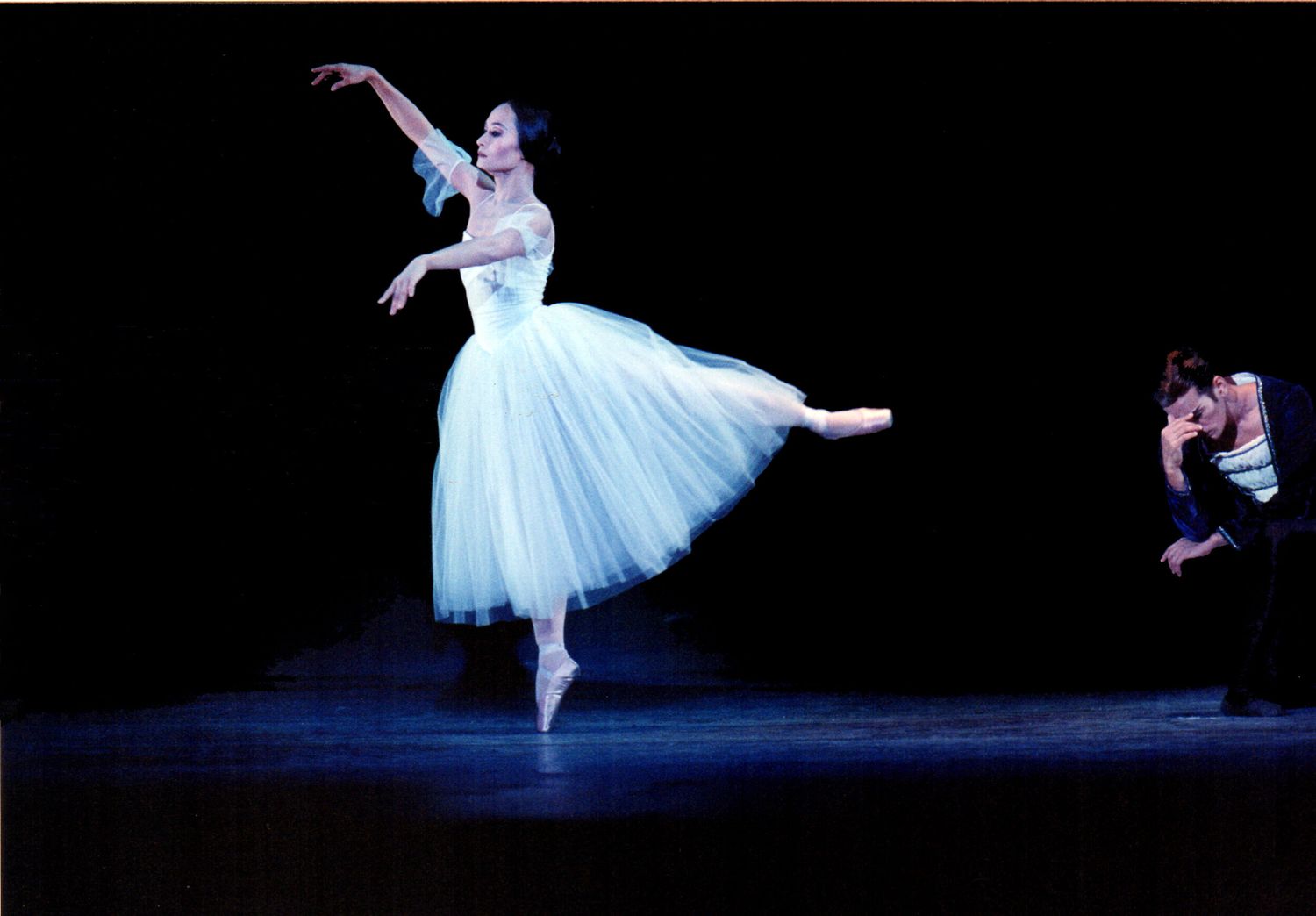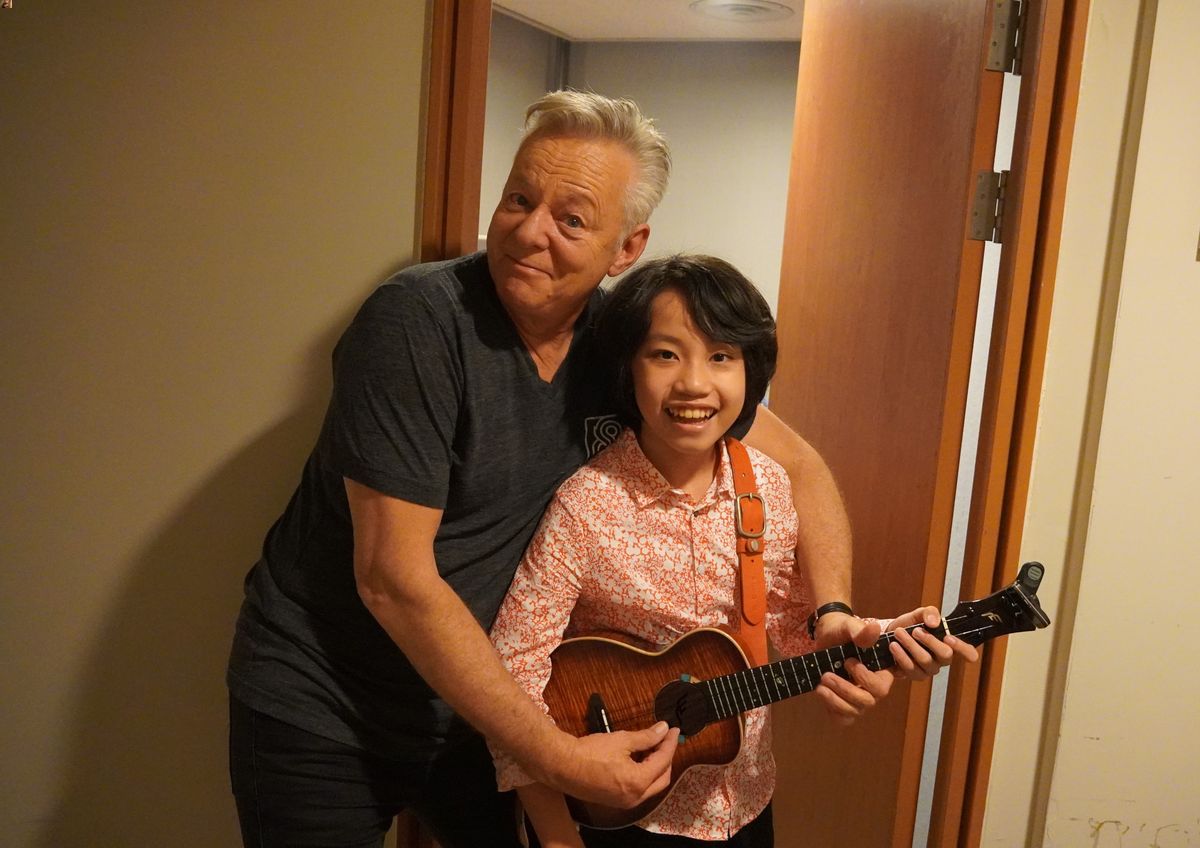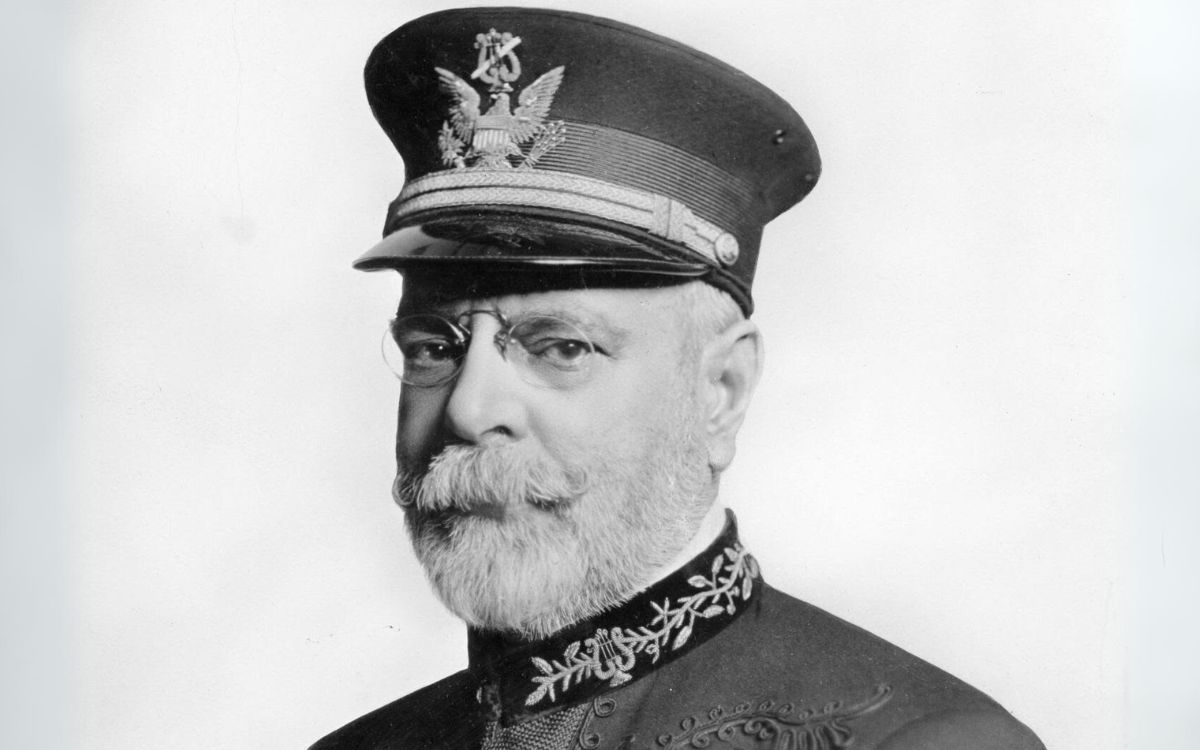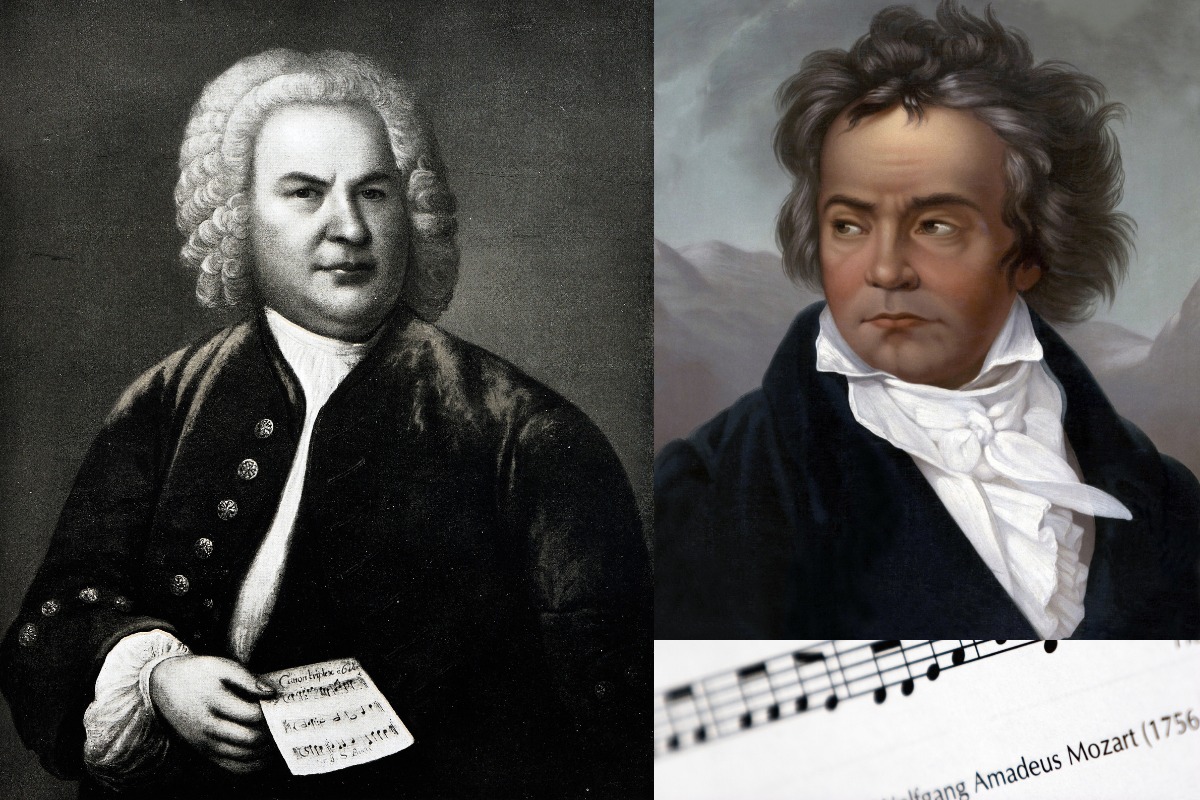

Classical
Who Composed Classical Music
Modified: February 24, 2024
Explore the brilliant minds behind classical music and discover the composers who shaped this timeless genre. Embrace the beauty and richness of classical compositions.
(Many of the links in this article redirect to a specific reviewed product. Your purchase of these products through affiliate links helps to generate commission for AudioLover.com, at no extra cost. Learn more)
Table of Contents
Introduction
Classical music is a genre that has captivated audiences for centuries with its timeless beauty and intricate compositions. From the grandeur of symphonies to the delicate melodies of piano sonatas, classical music has left an indelible mark on the world of art and culture. But have you ever wondered who composed these masterpieces that have stood the test of time?
In this article, we will delve into the world of classical music and explore the lives and works of some of its most renowned composers. From the baroque period to the modern era, we will uncover the individuals who shaped the landscape of classical music and left a lasting legacy.
But before we dive into the lives of composers, let’s briefly explore the historical context of classical music. Classical music emerged in the 17th century and evolved through various periods, each characterized by distinct musical styles and techniques. These periods include the Baroque period, the Classical period, the Romantic period, and the Modern and Contemporary periods.
During the Baroque period, which spanned from the late 16th century to the early 18th century, composers such as Johann Sebastian Bach and George Frideric Handel excelled in composing intricate and ornate musical compositions. The Classical period, which followed the Baroque era, marked a shift towards simpler and more balanced compositions, with Wolfgang Amadeus Mozart and Ludwig van Beethoven being prominent figures of this time.
The Romantic period, which flourished in the 19th century, saw the emergence of composers like Franz Schubert, Frederic Chopin, and Pyotr Ilyich Tchaikovsky, who infused their compositions with intense emotions and vivid expressions. The Modern and Contemporary periods, which encompass the 20th and 21st centuries, brought forth innovative and experimental styles by composers like Igor Stravinsky and John Williams.
Throughout these different periods, classical music has played a significant role in shaping the cultural landscape of various societies. Its influence can be seen in other artistic forms, such as literature, visual arts, and even modern film scores. The depth and complexity of classical compositions have fascinated listeners and continue to inspire musicians and composers to this day.
Brief History of Classical Music
Classical music has a rich and fascinating history that is rooted in centuries of artistic and cultural development. It emerged during the Baroque period in the late 16th century and has evolved and transformed through various periods, each leaving its unique imprint on the genre.
The Baroque period, spanning from approximately 1600 to 1750, marked the beginnings of classical music. During this era, composers sought to create complex and ornate compositions characterized by intricate melodies, elaborate harmonies, and flamboyant ornamentation. Prominent composers of this period include Johann Sebastian Bach, George Frideric Handel, and Antonio Vivaldi, whose contributions laid the foundation for future musical developments.
The Classical period, which followed the Baroque era, lasted from around 1750 to 1820. This period witnessed a shift towards simpler and more balanced compositions. The classical style emphasized clarity of form, elegant melodies, and precise craftsmanship. Notable composers of this period include Wolfgang Amadeus Mozart, Joseph Haydn, and Ludwig van Beethoven, whose works exemplified the classical ideals of balance and structure.
The Romantic period, spanning from the early 19th century to the early 20th century, was characterized by intense emotions, individualism, and a departure from classical conventions. Composers like Franz Schubert, Frederic Chopin, and Pyotr Ilyich Tchaikovsky pushed the boundaries of musical expression, infusing their compositions with passion, drama, and deep emotional resonance.
In the 20th century, classical music witnessed further experimentation and diversification. Composers like Igor Stravinsky, Arnold Schoenberg, and Bela Bartok broke away from traditional tonality and explored new musical techniques and structures. This period is often referred to as the Modern and Contemporary periods, as it encompasses a wide range of styles and approaches, from avant-garde to minimalist.
Throughout its history, classical music has not only reflected the artistic and cultural trends of its time but also inspired and influenced other art forms. Its impact can be seen in literature, painting, and even contemporary film scores. The timeless beauty and emotional depth of classical compositions continue to resonate with audiences worldwide, ensuring that this genre remains a vital part of our cultural heritage.
Composers of the Baroque Period
The Baroque period, spanning from the late 16th century to the early 18th century, was a time of great innovation and artistic expression in the world of classical music. This era saw the rise of remarkable composers who paved the way for the development and establishment of the genre.
One of the most prominent composers of the Baroque period is Johann Sebastian Bach. Born in 1685 in Germany, Bach’s compositions were characterized by their technical brilliance and profound emotional depth. His works, such as the Brandenburg Concertos, the St. Matthew Passion, and the Well-Tempered Clavier, continue to be revered for their complexity and musical beauty.
Another influential figure of the Baroque period was George Frideric Handel. Born in Germany in 1685, Handel eventually settled in England where he composed numerous operas, oratorios, and instrumental works. His compositions, including the Messiah, Water Music, and Music for the Royal Fireworks, showcased his mastery of dramatic expression and melodious elegance.
Antonio Vivaldi, an Italian composer who lived from 1678 to 1741, left a substantial impact on Baroque music with his compositions, particularly his concertos. Vivaldi’s most famous work, The Four Seasons, exemplifies his ability to evoke vivid imagery through music, with each concerto representing a different season of the year.
Other notable composers of the Baroque period include Henry Purcell, Claudio Monteverdi, and Arcangelo Corelli. Purcell, an English composer, was known for his choral works and theatrical music, while Monteverdi, an Italian composer, played a significant role in the development of opera. Corelli, an Italian violinist and composer, is often regarded as the father of modern violin technique, and his contributions to the concerto genre were groundbreaking.
These composers of the Baroque period laid the foundations for future classical music by exploring new musical forms, expanding the possibilities of instrumentation, and pushing the boundaries of musical expression. Their works continue to be performed and revered, reminding us of the immense talent and creativity that emerged during the Baroque era.
Composers of the Classical Period
The Classical period, which spanned from around 1750 to 1820, marked a significant shift in the style and approach of classical music. During this period, composers focused on creating music that was more balanced, elegant, and emotionally restrained compared to the elaborate compositions of the Baroque era.
One of the most celebrated composers of the Classical period is Wolfgang Amadeus Mozart. Born in 1756 in Austria, Mozart displayed exceptional musical talent from a young age. His compositions, ranging from symphonies and operas to chamber music and piano sonatas, showcase his brilliance in melody, harmonic progression, and formal structure. Mozart’s notable works include his Symphony No. 40 in G minor, the opera The Marriage of Figaro, and his Piano Concerto No. 21 in C major.
Joseph Haydn, often referred to as the “Father of the Symphony” and the “Father of the String Quartet,” was another influential composer of the Classical period. Haydn’s contributions to the development of these musical forms transformed the landscape of classical music. His vast output includes symphonies, string quartets, piano sonatas, and oratorios, with his Symphony No. 94 in G major, known as the “Surprise Symphony,” and his oratorio The Creation being among his most famous works.
Ludwig van Beethoven, a German composer and pianist, bridged the gap between the Classical and Romantic periods. His compositions, particularly his symphonies and piano works, displayed a range of emotions and a departure from the formalism of the Classical era. Beethoven’s Symphony No. 9, with its uplifting chorus in the final movement, and his piano sonatas, such as the Moonlight Sonata, continue to be cherished for their emotional depth and technical brilliance.
Other notable composers of the Classical period include Franz Joseph Haydn, Christoph Willibald Gluck, and Luigi Boccherini. Haydn, a younger brother of Joseph Haydn, composed a wide variety of music, including symphonies, chamber works, and choral music. Gluck, an opera composer, embraced a more naturalistic approach to opera, emphasizing dramatic expression over ornamentation. Boccherini, an Italian cellist and composer, is best known for his string quintets and chamber music.
The composers of the Classical period sought to create music that was more accessible to a wider audience, with balanced structures, memorable melodies, and refined musical craftsmanship. Their contributions paved the way for the development of subsequent musical styles and continue to be revered for their timeless beauty and artistic integrity.
Composers of the Romantic Period
The Romantic period, which flourished in the 19th century, brought a profound shift in the style and expression of classical music. Composers of this era moved away from the restraint and formalism of the Classical period, embracing intense emotions, individualism, and a focus on personal expression.
One of the most prominent figures of the Romantic period is Franz Schubert. Born in Austria in 1797, Schubert’s compositions encompassed a wide range of genres, including symphonies, chamber music, lieder (songs), and operas. His melodies were known for their haunting beauty and deep emotional resonance, with notable works such as his Symphony No. 8 “Unfinished,” the song cycle Winterreise, and his Piano Trio No. 2 in E-flat major.
Frederic Chopin, a Polish composer and virtuoso pianist, left an indelible mark on the Romantic period with his compositions for the piano. His music is characterized by its poetic lyricism, expressive phrasing, and technical intricacy. Chopin’s works, such as his Nocturnes, Ballades, and his set of 24 Preludes, continue to be revered as some of the most beautiful and challenging pieces in the piano repertoire.
Pyotr Ilyich Tchaikovsky, a Russian composer, is known for his lush orchestration, memorable melodies, and emotional depth. His compositions, including his Symphony No. 5, the ballet Swan Lake, and his Piano Concerto No. 1, are beloved for their rich harmonies and evocative storytelling. Tchaikovsky’s music often captures a wide range of emotions, from melancholy and yearning to triumph and jubilation.
Other notable composers of the Romantic period include Robert Schumann, Johannes Brahms, and Hector Berlioz. Schumann, a German composer, left a significant impact on piano music and art songs with his passionate and introspective compositions. Brahms, also from Germany, composed symphonies, chamber music, and choral works that combined classical forms with deeply expressive melodies. Berlioz, a French composer, embraced innovative orchestration and dramatic storytelling in his works, including his Symphonie fantastique and his opera The Damnation of Faust.
The composers of the Romantic period expanded the possibilities of musical expression, infusing their compositions with intense emotions and imaginative storytelling. Their contributions continue to resonate with audiences, capturing the human experience and inspiring generations of musicians and music enthusiasts.
Composers of the Modern and Contemporary Periods
The Modern and Contemporary periods of classical music, spanning the 20th and 21st centuries, have witnessed an explosion of innovation, experimentation, and diversity in artistic expression. Composers during this time embraced new musical techniques, challenged traditional boundaries, and explored a multitude of musical styles.
Igor Stravinsky, a Russian composer, is recognized as one of the most influential figures in 20th-century music. Stravinsky’s works underwent distinct stylistic shifts throughout his career, from the revolutionary and controversial ballet The Rite of Spring to the neoclassical compositions found in Pulcinella and Symphony of Psalms. His wide-ranging musical contributions demonstrate his ability to adapt and reinvent himself, leaving an indelible mark on the music of his time.
Arnold Schoenberg, an Austrian composer, pushed the boundaries of tonality and laid the groundwork for atonal and serial composition. Known for his revolutionary piece Pierrot Lunaire, Schoenberg’s musical innovations paved the way for new approaches to composition and challenged traditional notions of harmony and melody.
Béla Bartók, a Hungarian composer and pianist, integrated folk music elements into his compositions, creating a unique and distinctive style. Bartók’s explorations of East European folk melodies and rhythms can be heard in works such as his Mikrokosmos piano series, his Concerto for Orchestra, and his String Quartets.
John Williams, an American composer, has played a significant role in shaping the sound of contemporary classical music through his iconic film scores. Known for his compositions for films such as Star Wars, Jurassic Park, and Harry Potter, Williams seamlessly combines orchestral grandeur with memorable melodies, bringing a new level of accessibility to classical music.
Philip Glass, an American composer, is renowned for his minimalist compositions, characterized by repetitive structures and hypnotic rhythms. Glass’s music, such as his operas Einstein on the Beach and Satyagraha, demonstrates his ability to create a mesmerizing and meditative musical experience.
These are just a few examples of composers who have contributed to the rich tapestry of modern and contemporary classical music. Their diverse styles, innovative techniques, and willingness to push the boundaries of convention have shaped the trajectory of classical music, keeping it vibrant and relevant in the ever-changing musical landscape.
Contributions and Influences of Classical Music
Classical music has made significant contributions to the world of art and culture, leaving a lasting impact on various aspects of society. Its influence extends beyond the realm of music, shaping the way we perceive and appreciate other art forms, and even influencing broader social and philosophical movements.
One of the key contributions of classical music is its exceptional depth and complexity. Composers like Bach, Mozart, and Beethoven crafted intricate compositions that challenged the boundaries of musical expression and showcased the limitless possibilities of human creativity. Their works served as a catalyst for both technical and artistic advancements within the field of music.
Moreover, classical music has played a crucial role in shaping the development of other art forms. It has inspired writers, painters, and filmmakers, providing a source of inspiration and serving as a muse for creative expression. The emotional range and evocative power of classical compositions have informed the narratives of literature, the aesthetics of visual arts, and the ambiance of cinematic storytelling.
Furthermore, classical music has had a profound impact on the societal and cultural landscape. It has been a potent force in fostering a sense of collective identity, often transcending national boundaries. Orchestra performances, opera productions, and chamber music concerts bring people together, fostering a shared experience of beauty, reflection, and emotional connection.
Classical music has also served as a manifestation of cultural heritage. Pieces from different periods and regions offer glimpses into historical periods, reflecting the ethos, values, and sensibilities of their time. Their timeless resonance allows us to connect with the past, preserving cultural traditions and reminding us of our shared humanity.
Additionally, classical music has influenced and shaped the development of music education and pedagogy. The study of classical compositions has been integral to the training of musicians and has provided a foundation for technical skill, interpretation, and understanding of musical theory. Many contemporary composers and performers continue to draw inspiration from classical techniques and concepts, incorporating them into their own creations.
Moreover, classical music has the power to evoke a wide range of emotions and transcend language barriers. Whether it is the exuberance of a symphony, the melancholy of a concerto, or the serenity of a sonata, classical music has the ability to deeply resonate with listeners, eliciting profound emotional responses and introspection.
The sheer magnitude and endurance of classical music throughout history illustrate its capacity to touch the human soul and create a profound impact on individuals and societies. Its legacy endures as a testament to the boundless potential of human artistic expression and the innate desire for beauty, meaning, and transcendence.
Conclusion
Classical music, with its rich history and enduring beauty, continues to captivate audiences worldwide. From the intricate compositions of the Baroque period to the emotional depth of the Romantic era, and the experimentalism of the Modern and Contemporary periods, the contributions of classical composers have shaped the landscape of music and influenced other artistic disciplines.
Throughout the centuries, composers like Bach, Mozart, Beethoven, and their contemporaries pushed the boundaries of musical expression, creating timeless works of art that resonate with audiences to this day. Their compositions not only showcased technical brilliance and craftsmanship but also conveyed a wide range of emotions, from joy and elation to introspection and melancholy.
The influences of classical music extend far beyond the realms of music itself. It has inspired and influenced literature, painting, film scores, and even societal and cultural movements. The powerful emotional impact and universal appeal of classical compositions have made them a source of inspiration for artists in various fields, fostering a cross-pollination of creativity and a deeper appreciation for the arts.
Moreover, classical music has served as a unifying force within society. Orchestra performances, chamber music concerts, and opera productions bring people together, fostering a shared experience of beauty and connection. Through its ability to evoke profound emotions and transcendent moments, classical music has the power to transport listeners to a different realm, providing solace, reflection, and a sense of collective identity.
Additionally, classical music has had a lasting impact on music education and continues to be an essential part of the curricula for aspiring musicians. The study of classical compositions not only develops technical proficiency but also deepens understanding and interpretation of musical theory, fostering a lifelong appreciation for the nuances and complexities of music.
In conclusion, the composers of classical music have left an indelible mark on the world of art and culture. Their contributions have shaped the trajectory of music, influenced other artistic disciplines, and enriched the lives of countless individuals. Classical music is not only a testament to the power of human creativity but also a universal language that transcends time and cultural boundaries. It continues to inspire, uplift, and resonate with audiences, ensuring its enduring legacy for generations to come.

